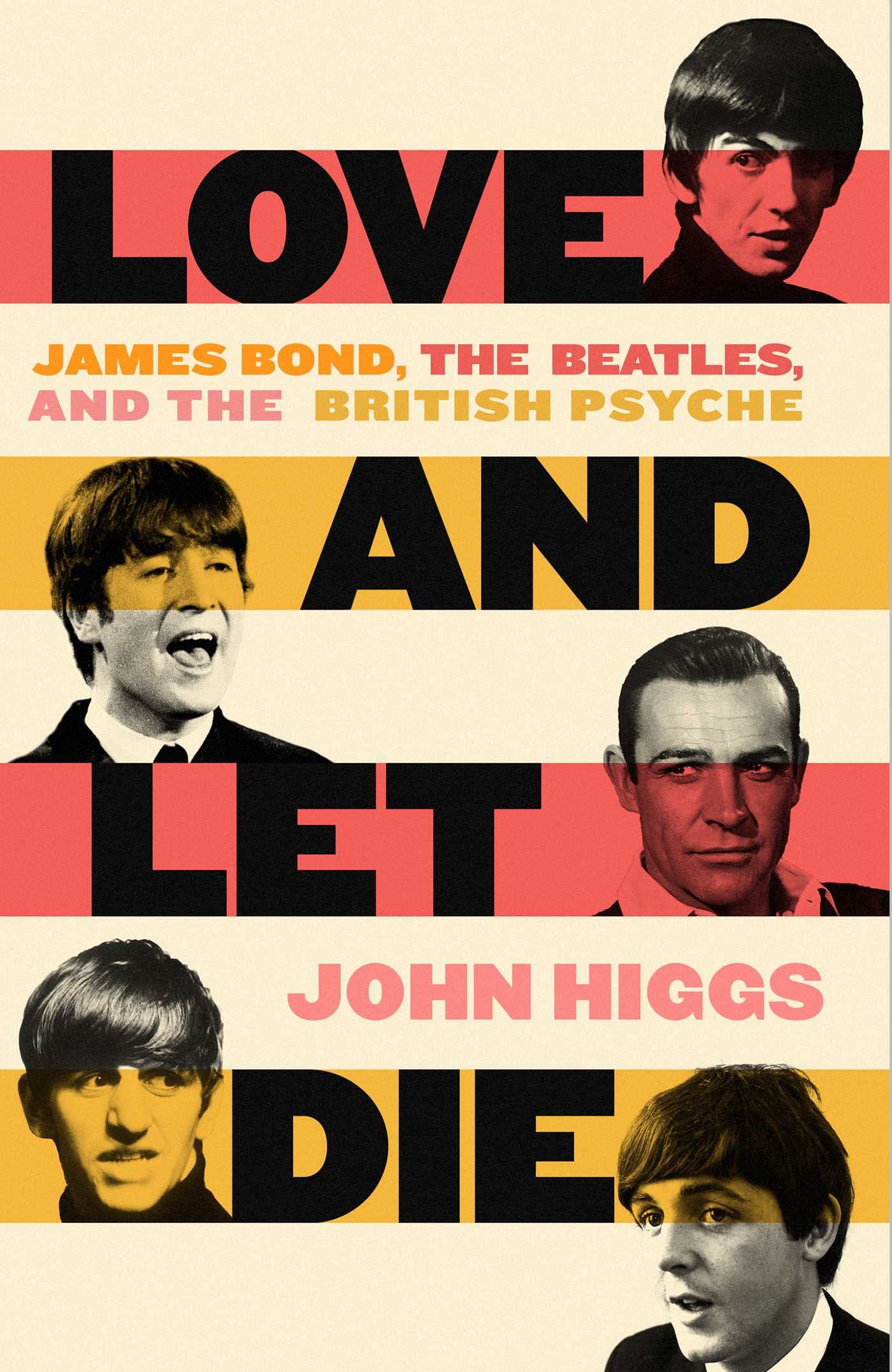
Love and Let Die
Author: John Higgs
Release: February 7, 2023
Tagline: James Bond, The Beatles, and the British Psyche
Publisher: Pegasus
Genre: Entertainment, Popular Culture, History, Music, Cinema
ISBN-10: 1639363300
ISBN-13: 978-1639363308
Declassified by Agent Palmer: Bond and The Beatles have more in common than a theme song and revolvers
Quotes and Lines
In the world of the British imagination, the Daily Mirror’s hyperbolic headline would prove to be surprisingly apt. Friday, 5 October 1962 saw the release of ‘Love Me Do’, the first record by the Beatles, and Dr. No, the first James Bond film.
The Beatles were about to become the most successful and important band in history. Not to be outdone, James Bond would go on to become the single most successful movie character ever.
At the same time that ‘Love Me Do’ was released, the first James Bond film Dr. No opened in British cinemas.
As the sci-fi author William Gibson famously said, ‘’The future is already here – it’s just not evenly distributed.’ This applies as much to attitudes as it does to technology.
Books on the James Bond phenomenon often point out that Bondmania in the mid-sixties was akin to Beatlemania. This is undoubtedly true, but it is noticeable that no Beatles books feel the need to make a similar claim about how the reaction to the Beatles was like Bondmania. Beatlemania is the unchallenged archetype of hysteria.
For teenage boys, it was all very confusing. They thought they had a clear sense of what being a man was all about. They had masculine role models to learn from, and they understood what behaviour was expected of them. They knew they were expected to be brave, and good at fighting, in order to protect girls and their family. Having long hair and singing about love had no part of it.
The problem was, this no longer seemed to be what girls were attracted to. Here, in the different versions of male identity that the Beatles and Bond audiences were encountering, a crisis of masculinity was being born.
It would imply that rather than being run by the brightest and the best, as many in positions of power claimed, the country was run by a small gang who were statistically likely to be mediocre. Great Britain would in fact be Lesser Britain if this were true, a country that failed to live up to its potential by some margin. To entertain this idea, therefore, put an entire worldview at risk – and there is nothing we unconsciously try to protect as much as our worldview. In circumstances like these it can be safer to cling to a conspiracy theory, because a small delusion is often the best way to protect a larger one.
They were, in occult terms, a combination of the four alchemical elements. Ringo was earth, John was fire, Paul was air and George was water. Combined, they produced the fifth, transcendent element: spirit.
Following the first wave of older musicians, however, lengthy careers are no longer considered unusual. Bands that came in their wake like Metallica or U2 can now keep going for decades without encountering anything like the ageist abuse received by McCartney or the Rolling Stones.
If the Bond myth tells us anything, however, it is that bravery, determination, and bloody-mindedness will always remain forces to be reckoned with.
A sense of purpose is a thing that many are missing and desperately need. Bond, in contrast, is never paralysed by indecision. To never dither is an appealing fantasy.